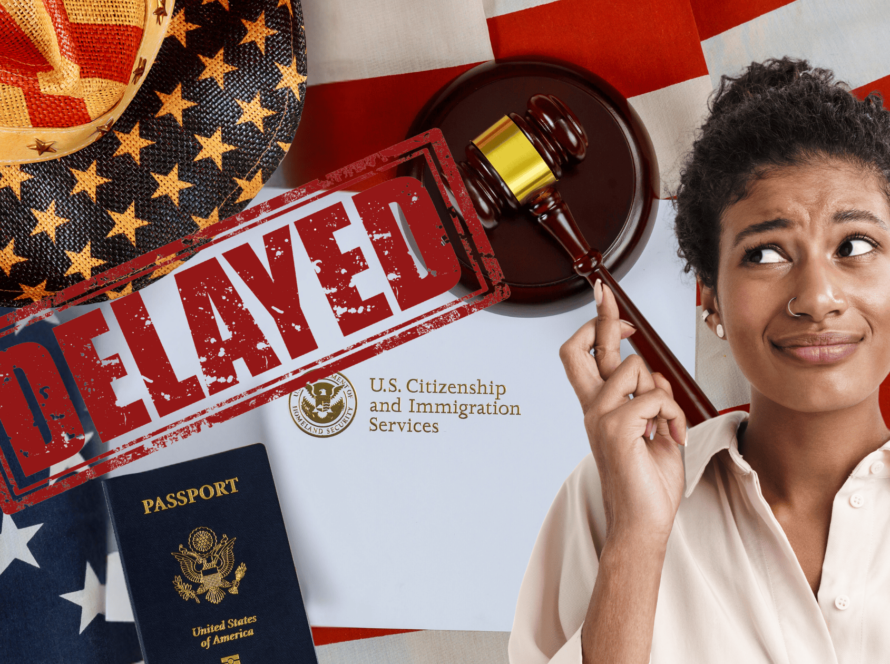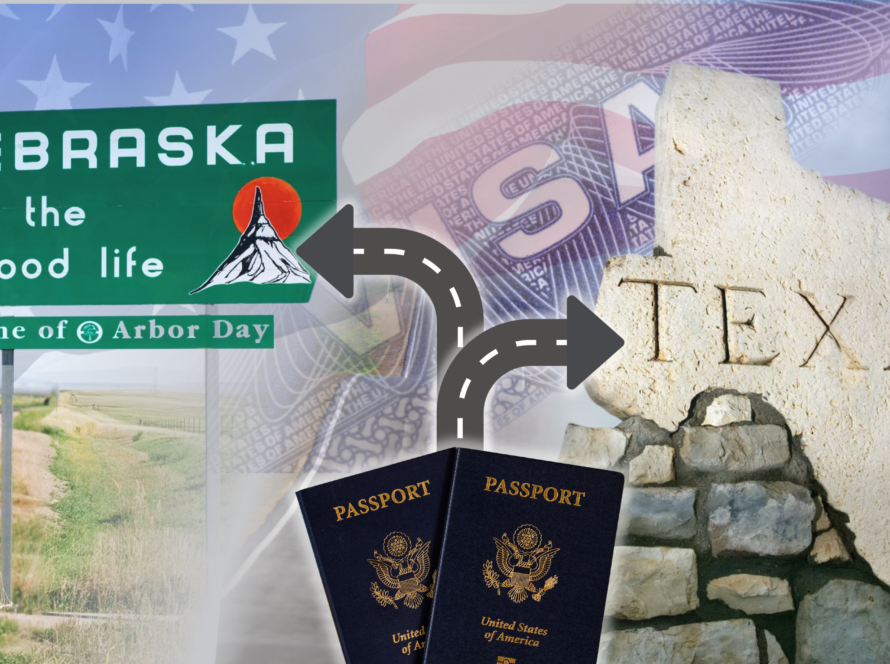
If you’re trying to decide between the EB1A vs EB1B green card categories, the main difference lies in who can apply, what field you’re in, and whether you need a job offer.
EB1A is for individuals with extraordinary ability in any field (like science, arts, business, or athletics) and does not require a job offer or employer sponsorship. In contrast, EB1B is only for outstanding professors or researchers in academic fields, and you must have a permanent job offer from a U.S. university or research institution.
What’s the Difference Between EB1A and EB1B?
At a glance, both EB1A and EB1B cater to highly accomplished individuals. However, EB1A and EB1B differ in field of eligibility, experience requirements, petitioning process, and documentation standards.
- EB1A is for individuals with extraordinary ability in fields such as science, arts, education, business, or athletics. It allows self-petition, meaning you don’t need an employer or job offer.
- EB1B is specifically for professors and researchers who have achieved international recognition and have a permanent job offer in the U.S. from a qualifying academic or research institution.
In short, EB1A gives you more flexibility, but it’s harder to qualify for. EB1B is narrower in scope, focused on academia, but has a higher approval rate and lower evidentiary burden.
What’s the Difference Between EB1A and EB1B?
| Factor | EB1A | EB1B |
| Who can apply | You (self-petition) | U.S. employer must apply |
| Field | Any (e.g. science, arts) | Academic research or teaching only |
| Job offer | Not required | Required |
| Experience | No minimum | At least 3 years of experience |
| Approval Rate | Lower (around 60%) | Higher (around 85%) |
Key Considerations When Choosing Between EB1A and EB1B
1. Your Field and Career Goals
The EB1B category is limited to individuals in academic or research positions, typically at universities or research institutions. If you’re a professor or researcher with a tenure-track or comparable offer, EB1B is a strong option.
On the other hand, EB1A is far more flexible. It’s open to individuals across a wide range of industries. It includes entrepreneurs, scientists in industry, artists, performers, business leaders, and athletes. If your career isn’t tied to a single employer or academic institution, or if you value mobility, EB1A’s self-sponsorship may be more suitable.
2. Sponsorship and Job Offers
Do you have a U.S. job offer from a qualifying employer? If yes, and the offer is for a long-term research or teaching position, then EB1B is available and potentially advantageous especially since your employer will be involved in building a strong petition.
If you don’t have a job offer or prefer not to rely on employer sponsorship, EB1A is the only option that allows self-petition.
3. Strength of Achievements
While both categories require strong documentation, EB1A sets a higher evidentiary bar. Applicants must meet 3 out of 10 criteria (or hold a major international award). These criteria are broader and apply to multiple industries.
EB1B, by contrast, requires only 2 of 6 academic-focused criteria — making it easier to meet for those with a strong research publication record, significant citations, or participation as a judge or peer reviewer. If your strengths are heavily academic, EB1B may be more straightforward.
Which Is Right for You?
The choice between EB1A and EB1B depends on your field, experience level, achievements, and future plans.
If you have strong academic credentials and a U.S. job offer, EB1B may be the clearer path. If you’re a top performer in a non-academic field, and especially if you want to avoid employer sponsorship, EB1A provides greater independence and flexibility.
Many qualified individuals file both EB1A and EB1B simultaneously to increase their chances and keep multiple options open. Before filing, it’s highly recommended to consult an experienced immigration attorney who can help evaluate you
FAQ — EB1A vs EB1B: Key Differences
Is EB1A better than EB1B?
Not necessarily. EB1A is more flexible since it doesn’t require a job offer, but it also has a higher evidentiary standard. EB1B is easier to qualify for if you’re an academic with strong research credentials and a U.S. job offer.
Who is eligible for EB1B?
EB1B is for outstanding professors and researchers who have at least three years of teaching or research experience and a permanent job offer from a U.S. university or research institution.
Is a PhD required for EB1A?
No, a PhD is not required for EB1A. What matters most is your demonstrated extraordinary ability and national or international acclaim in your field.
Who is eligible for the EB1A visa?
EB1A is for individuals with extraordinary ability in fields like science, arts, education, business, or athletics. You must show sustained acclaim and meet at least three of ten USCIS criteria, or have received a major international award.
Ready to Find Out Which Path Fits You Best?
Navigating EB1A vs. EB1B can feel overwhelming, but you don’t have to figure it out alone. At My Green Card Story, we’re experienced consultants who help professionals, academics, and high achievers evaluate their eligibility, understand their options, and build strong, well-organized petitions. We’re not attorneys, but we simplify the process, save you time, and guide you every step of the way so you can move forward with confidence. Book a Consultation Today and take the first step toward your U.S. green card journey.
For official EB-2 NIW guidelines, visit the USCIS website.
Let’s make Your EB2-NIW & EB1A journey a success! Stay connected with us! Follow My Green Card Story on all our socials for the latest updates, tips, and inspiring success stories. Got questions? We’re here to help!



